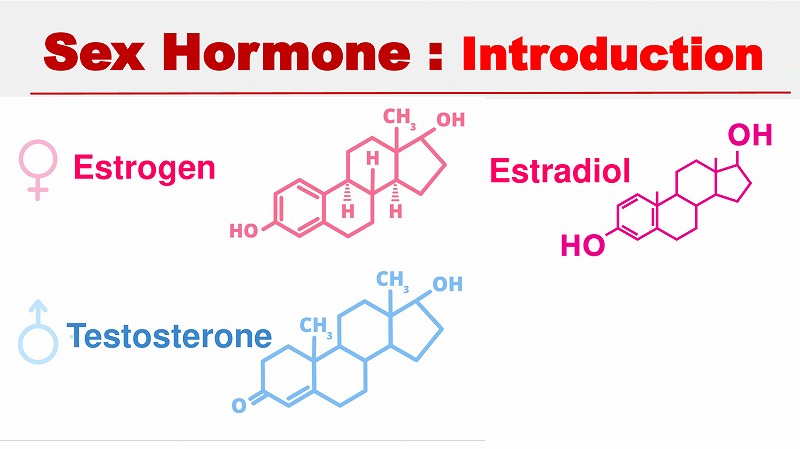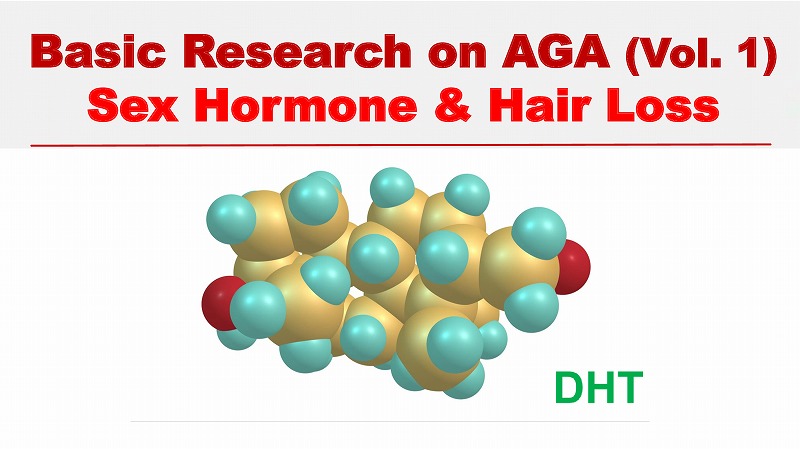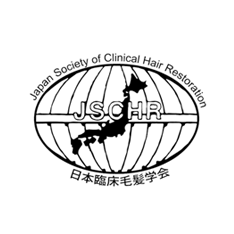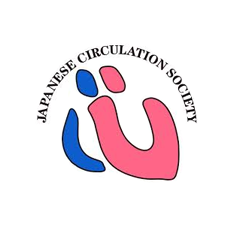Basic Research on Androgenetic Alopecia (Vol. 1)
Sex Hormone & Hair Loss
Androgenetic alopecia (AGA) is one of the main causes of hair loss in men and women.
AGA means hair loss due to male hormones.
The author would like to talk about recent studies on basic research and medical treatment of androgenetic alopecia (pattern hair loss) in men and women.
Topics in this article include current knowledge about the pathogenesis of AGA, genetic factors, androgenetic hormones, 5alpha-reductase (5α-reductase), dihydrotestosterone (DHT), and androgen receptors.
The author would like to see to it that you will obtain recent knowledges of basic research on AGA and medical treatment of pattern hair loss in men and women.
It should be kept in mind that the causes of hair loss in women are more complicated than those in men. Besides AGA, there are many other diseases that can cause alopecia in women. Careful examinations by a specialist are necessary in order to make a diagnosis and find an effective treatment of hair loss in women.
Medical Treatment of Pattern Hair Loss
What is AGA?

Hair loss in male and female AGA is characterized by progressive miniaturization of scalp hair, a decrease in the number of terminal hairs, and non-uniformity of scalp hair diameter.
Dihydrotestosterone (DHT) plays an important role in the miniaturization and caliber reduction of terminal hair in AGA.
AGA is alopecia caused by non-scarring histological changes.
It means that hair loss in AGA can be reversible if properly treated.
Sex Hormone
Introduction

Sex hormones play an important role in AGA.
Male and female hormones belong to the steroid hormone family.
There is an exquisite mechanism of synthesis and interconversion of androgens in the steroid pathway.
Male hormones can be transformed into female hormones with only a slight change in the molecular structure within the steroid pathway, and vice versa.
It means that male and female hormones change from each other within the same metabolic pathway.
The roles of male and female hormones, however, differ greatly from each other in the pathogenesis of AGA.
Various sex hormones have a positive and negative effect on the progression of hair loss.
In this chapter, you will be able to understand the influences of sex hormones on hair loss in male and female AGA.











